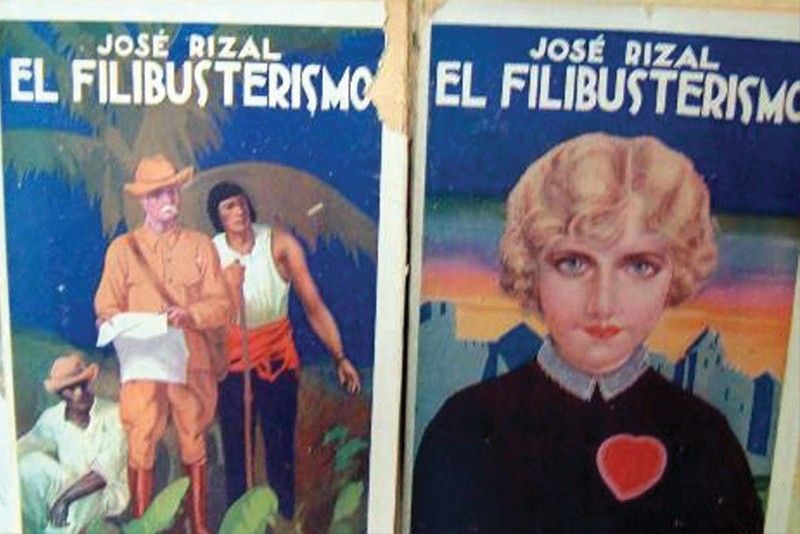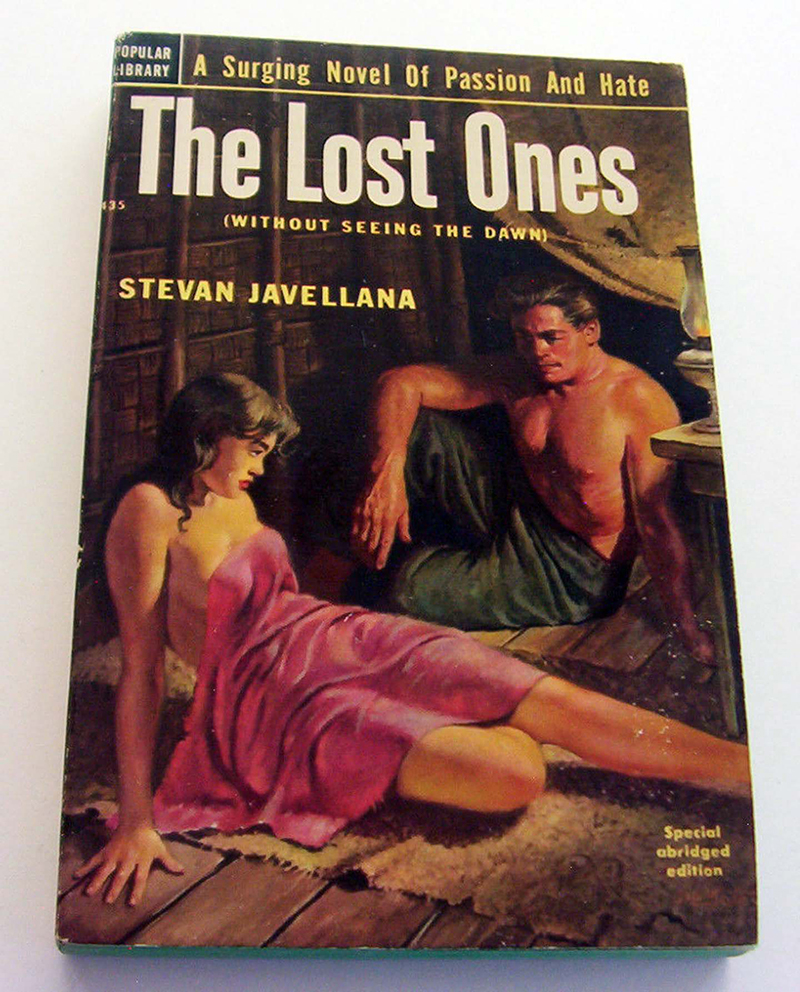Books with back stories

(Conclusion)
Last week, I wrote about Philippine-related books I’ve come across online with stories to tell beyond what their pages contained. There was that facsimile of the Doctrina Christiana, for example, signed by Lessing J. Rosenwald, the man who donated the world’s only known copy of the 1593 volume to the Library of Congress.
I also said that quite often, I don’t end up buying the book for one reason or another (usually and predictably financial), but I take note anyway of that particular book’s special appeal. I might leave it on my eBay “watch” list for a week while I mull over whether or not to spend any serious money on it, and then I’ll likely decide that the curiosity value just isn’t worth the cash out or the shelf space, which could go to a worthier recipient.
One of those almost-bought books was William D. Boyce’s The Philippine Islands, published in 1914 by Rand McNally. There was a swell of these books at the turn of the century following the American invasion and annexation of the Philippines, which their writers proudly touted as one of the US’ “new possessions.” Part travelogue, part political tract, these reports from the exotic East not only satisfied the curiosity of Americans who had never ventured out of their home states but also advanced the imperialist agenda. In his introduction (you can read the whole text for free online), Boyce—the millionaire-founder of the Boy Scouts of America—huffed that “It is my belief that if readers will carefully weigh and consider what follows in these pages, they will be aided to a larger view of the value of the Philippines, and realize how unjust and unjust it would be to cut adrift these half-civilized children of nature, trusting alone to luck that they may swim rather than sink in the sea of difficulties that surround the most hazardous of human tasks — self-government.” He was, he declared, squarely against those like Mark Twain seeking “to force these valuable Islands out of the hands of their real owners—the American people.”
It helps sell books to give your chapters titles like “The Dog-Eating Igorots” and “Blood-Soaked Jolo,” but what drew me to this particular copy was the seller’s note that the book was inscribed to one Rev. Joseph Casey, and signed “Truly W. D. Boyce, S. S. Lusitania Feb 3rd 1915.” That was just three months before a German U-boat torpedoed and sank the Lusitania in the Atlantic, helping push America into another war. I was intrigued, but in the end, I passed — I already had too many of these triumphal tributes to American imperialism on my shelves, and my $60 could go to better and less aggravating fare.
 More amusing — but also troubling in its own way—was a book I didn’t even know existed: the paperback edition of Stevan Javellana’s Without Seeing the Dawn (Little Brown, 1947), reissued in 1952 by Popular Library and retitled the The Lost Ones. As if the subtitle “A Surging Novel of Passion and Hate” wasn’t suggestive enough, this paperback sported a racy cover with a seduction scene straight out of a femme-fatale noir film of the period. Blithely (but wisely, market-wise) disregarding the complexity of the relationship between Carding and his wife Lucia, the back-cover blurb goes straight to and quotes the book’s purplest portion:
More amusing — but also troubling in its own way—was a book I didn’t even know existed: the paperback edition of Stevan Javellana’s Without Seeing the Dawn (Little Brown, 1947), reissued in 1952 by Popular Library and retitled the The Lost Ones. As if the subtitle “A Surging Novel of Passion and Hate” wasn’t suggestive enough, this paperback sported a racy cover with a seduction scene straight out of a femme-fatale noir film of the period. Blithely (but wisely, market-wise) disregarding the complexity of the relationship between Carding and his wife Lucia, the back-cover blurb goes straight to and quotes the book’s purplest portion:
“’It’s a LARGE bed…’ Rosita smiled wickedly at Carding from the pillow. She wore nothing but a sheer slip, and that was hiked above her rounded white thighs. ‘But I’m married,’ Carding told her, clenching his big hands, trying to tear his eyes away from her. Rosita shrugged. ‘You should have thought of that last night,’ she drawled. ‘Now it’s too late. I could never let you go now, Carding.’ She put a cigarette in her mouth. ‘Bend down,’ she said, ‘and give me a light.’ He got the matches in his trembling hands and leaned far over the bed. Her arms circled his neck like two bands of steel, tumbling her toward him. He was married — but he was a man!”
I also passed on the book, preferring the canonical high seriousness of my first edition, but it was a good reminder that, long before they joined the canon, many books were sold — had to be sold — as popular entertainment. There’s probably no better example of this than a two-volume, paperback edition of Jose Rizal’s El Filibusterismo, published in Barcelona in 1911 by Maucci, with covers that one would be hard put to associate with Crisostomo Ibarra (the blonde looks particularly unnerving). I don’t know how many copies were printed and sold, but this was just one of many popular editions of the Noli and Fili that came out in Spain within a decade or so of Rizal’s execution — his revenge from the grave, when you come to think of it. This colorful Fili, I happily got.
* * *
Email me at jose@dalisay.ph and visit my blog at www.penmanila.ph.



















